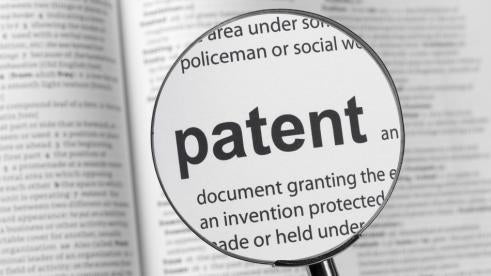U.S. patent law provides that any patent challenger initiating an inter partes review (IPR) proceeding at the United States Patent & Trademark Office (PTO) “may not assert” an invalidity ground in a patent case in U.S. district court or in the U.S. International Trade Commission that it “raised or reasonably could have raised during that inter partes review.” Despite the interpretation of this so-called IPR-estoppel provision by the Federal Circuit in Shaw Indus. Grp., Inc. v. Automated Creel Sys., Inc., 817 F.3d 1293 (Fed. Cir. 2016), which appears to limit the estoppel to grounds that were instituted by the Patent Trial and Appeal Board (PTAB), many district courts have been coalescing around a broader view—that, while IPR estoppel does not cover grounds that were presented in the IPR petition but denied institution, it does cover grounds that could have been raised in the petition had the petitioner been reasonably diligent. (See our prior posts here and here).
A recent decision of the Northern District of Texas adds incrementally to this line of cases by holding that IPR estoppel extends to grounds that could have been raised in a defendant’s petition to join another party’s IPR. The court rejected defendant’s argument that
because the ‘PTAB routinely denies joinder if a second-filed petition might introduce new arguments or grounds into a pending IPR,’ the only grounds that Defendants ‘reasonably could have raised in the [third party] IPR were the same grounds on which the PTAB already instituted the [third party’s] IPR.’
The court reasoned that “the PTAB has consistently emphasized that joinder is discretionary, and whether the petition asserts new grounds is just one of the factors considered.”
The Northern District of Texas decision is yet another data point for litigants attempting to navigate the numerous IPR estoppel decisions and to arrive at the best strategy for their cases. As we previously speculated, however, even though the district courts disagree on the scope of IPR estoppel and the impact of Shaw, it seems unlikely that the Federal Circuit will attempt to address that disagreement while SAS Institute v. Matal, No. 16-969 is pending in the Supreme Court because that case potentially may impact the scope of IPR estoppel directly or by implication based on the Court’s reading of the overall statutory framework for IPRs.




 i
i


